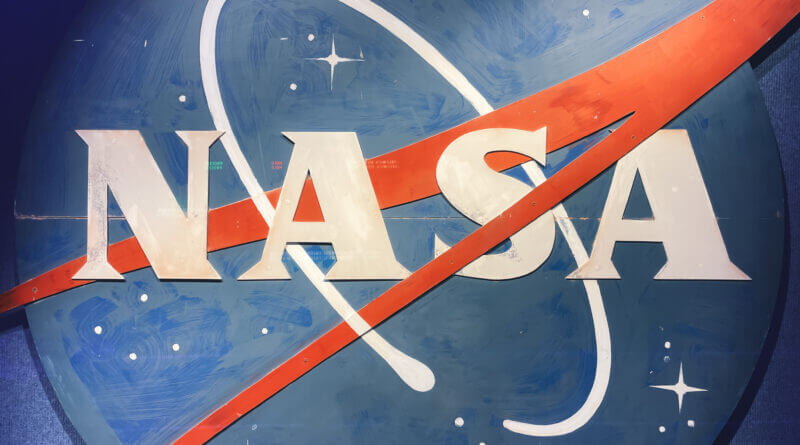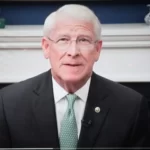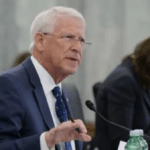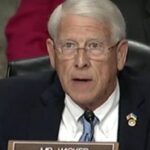Wicker: Welcomes Private Space Industry in Mississippi
By. Sen. Roger Wicker (R-Miss.)
Long-Term Investments in Stennis Space Center Continue Paying Off
This month, NASA announced that rocket production company Relativity Space would expand its work at Stennis Space Center. Americans have watched with excitement as private industry has spent the last few years testing and launching new space technologies. Public-private partnerships, like the deal between NASA and Relativity, represent a new era in U.S. space programs. The announcement also demonstrates that the long-term investments we have made at Stennis Space Center are still bearing fruit.
Mississippi Welcomes Private Space Industry
For half a century, American space exploration was led by NASA. Mississippi Senator John C. Stennis recognized that Mississippi’s geography and workforce made it an ideal partner for the agency’s work. He had a vision to use a sprawling remote area in Hancock County for space research and development. Crews built massive concrete and steel test stands, structures to anchor rocket engines during simulations of high-elevation flight. Stennis Space Center became the nation’s largest rocket-testing facility. Its researchers perfected the craft that first carried men to the moon, and no Stennis-tested engine ever failed a NASA mission. In 2007, NASA took the next step in that impressive legacy by building a new test stand at the site.
Unfortunately, a massive obstacle emerged halfway through construction. In 2010, President Obama canceled NASA’s Constellation program, pausing efforts to resume manned space flight. Many people assumed there would be no need for the new test stand. I did not agree. Commentators scoffed at my actions, but I rallied support to complete the project, which was finished in 2014.
The good news is that the investment paid off. In the next decade, the private space industry exploded, and Stennis Space Center was positioned to host new research efforts. After several years of development, an aerospace company called Rocket Lab began using the once-abandoned test stand, bringing jobs and energy back to Mississippi’s space industry. This month’s announcement from NASA and Relativity brings similar good news. The company is set to invest $260 million in Stennis Space Center and will refurbish another of the test stands, which will create hundreds of jobs.
Space Technology Promotes Jobs Across Mississippi
These new positions add to the 5,000 employees already working at Stennis Space Center. This benefits everyone: Last year, the facility had a $700 million economic impact on its surrounding area. These figures are impressive, but I believe they can be even bigger. Multiple Mississippi communities are poised to grow along with the space industry, which could soar above $1 trillion by 2030. In addition to those in Hancock County, residents near Iuka’s test facility and students at our universities’ space research centers will benefit.
In Congress, I supported legislation that enables Mississippi to attract cutting-edge companies like Relativity. I authored a bill, which successfully passed, allowing NASA to lease property to the private sector. This removes a barrier that would have kept Stennis Space Center from becoming a hub for cutting-edge research.
We will need this research, because space is increasingly becoming a national security concern. Our adversaries see it as a battlefield. China, the world’s fastest-growing space power, has created weapons to target American satellites and disrupt our GPS systems, weather trackers, and communications methods. Vladimir Putin and Kim Jung Un held a recent summit at a Russian spaceport, a disturbing sign of North Korea’s interest in rocket equipment.
As these authoritarians grow increasingly hostile, we have even more reason to foster this technology here at home. Keeping space research on American soil protects American skies, and I will continue working to make the United States the best place to be a space innovator.
Note: This item is the weekly Wicker Report column of Sen. Roger Wicker and provided by the Senator’s office.






